Publications
Articles, publications, books, tools and multimedia features from the U.S. Institute of Peace provide the latest news, analysis, research findings, practitioner guides and reports, all related to the conflict zones and issues that are at the center of the Institute’s work to prevent and reduce violent conflict.
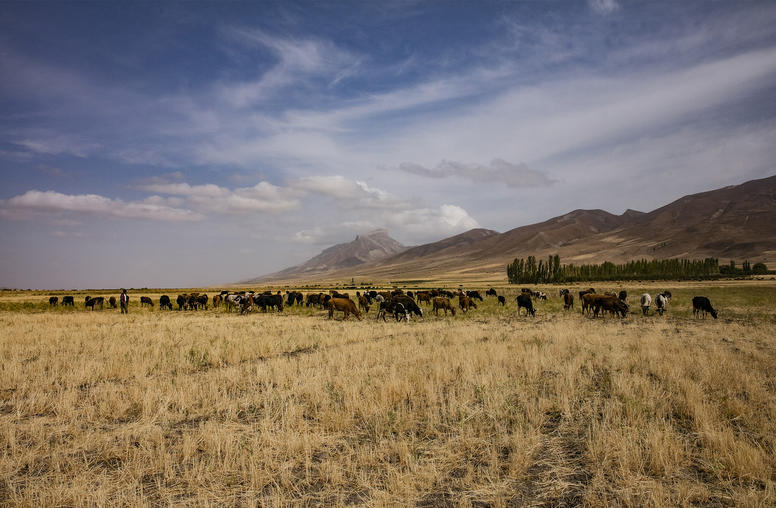
Russia’s Ukraine War Weighs Heavily on Tajikistan
The Russian invasion of Ukraine has left the five republics of Central Asia in a bind, but none more so than Tajikistan, a fragile country that depends on Russian troops and remittances for stability. As former Soviet republics, Central Asian states all enjoy special relations with Moscow and are considered traditional allies of the Russian Federation. The invasion of Ukraine — another former Soviet republic — raises urgent questions for Tajikistan about how to meet Russian expectations of support from Dushanbe in the face of global outrage and condemnation.
Strengthening Local Capacities for Dispute Resolution in Afghanistan
Decades of war in Afghanistan have undermined the legitimacy of the government and have decimated the capacity of local conflict resolution and mediation systems. In the absence of functioning state institutions, generations of young people are largely deprived of educational opportunities and meaningful employment prospects. In rural villages, this is exacerbated by the resettlement of refugees and IDPs, causing a rise in the number of conflicts between individuals and communities over acce...
USIP Grant Supports Radicalization Study
Does poor governance promote extremism? With the support of USIP, the Governance Institutes Network International (GINI), a Pakistani non-governmental organization based in Islamabad, will conduct surveys of 2,000 adults in three areas to explore potential links between misgovernance and radicalization and gain insight into the supply-side dynamics of misgovernance.
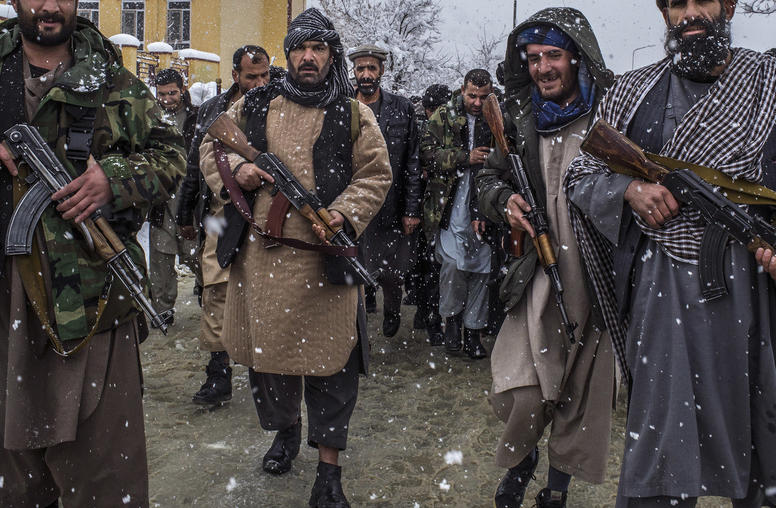
After Afghanistan Withdrawal: A Return to ‘Warlordism?’
As the United States withdraws from Afghanistan, Washington is considering options to ensure its intelligence-gathering and counterterrorism capabilities are maintained. Recent reporting suggests that United States is looking to use bases in Pakistan and in the former Soviet Republics in Central Asia — although without success so far. Washington is also mulling over engaging with Afghan warlords as part of this effort, a strategy it relied on in the 1980s and 90s and to a lesser extent over the last two decades. If history is any guide, this strategy will pose significant risks that could have deadly and destabilizing consequences for Afghanistan and the region.
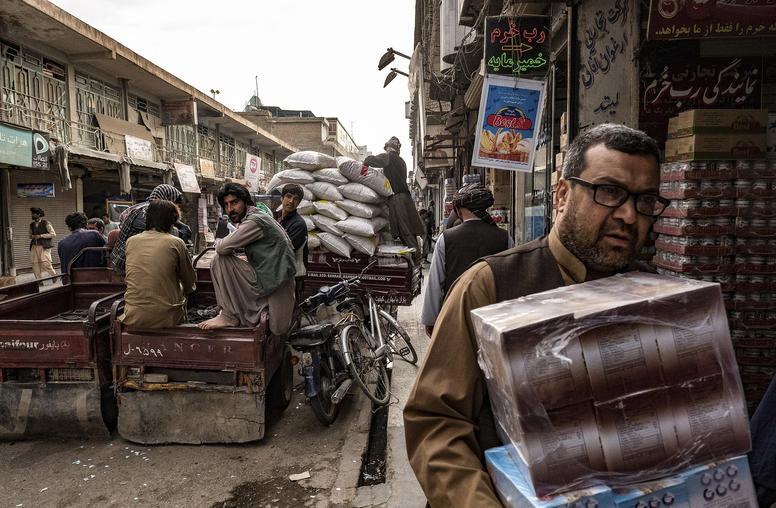
Will Rising U.S.-Iran Tensions Spark Afghan Proxy War?
Rising tensions between the United States and Iran—illustrated and exacerbated by the January 3 assassination of Iranian General Qassem Soleimani—are rippling out beyond the Middle East. Now, American officials are voicing growing concern about Iranian activities in Afghanistan. In recent weeks, Secretary of State Mike Pompeo said that Iran is supporting militant groups in the country and seeking to undermine the peace process between the U.S. and the Taliban. A top U.S. general for the region, meanwhile, warned that Iranian actions in Afghanistan pose a risk to the approximately 14,000 American troops deployed there.
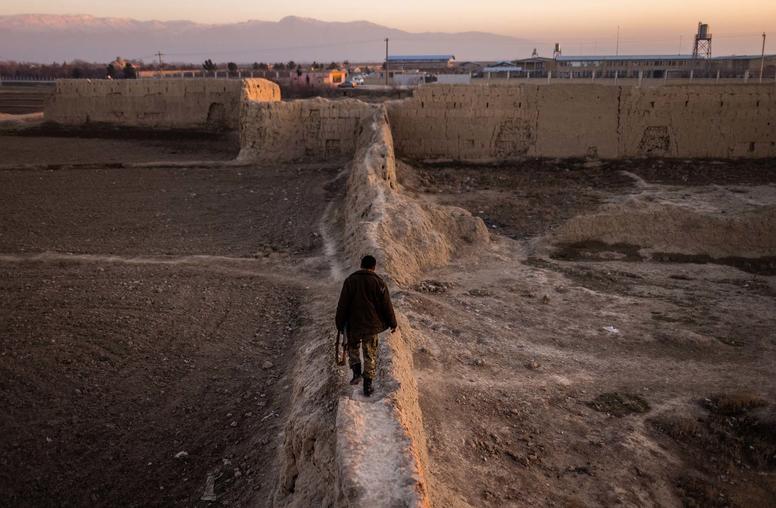
Central Asia Prepares for Taliban Takeover
Last week’s conference in Tashkent, Uzbekistan was originally supposed to focus on regional connectivity in South and Central Asia. But the Taliban’s surge in recent weeks consumed the regional conference and has many in the region wary of what’s next. As U.S. and NATO forces draw down their military presence in Afghanistan, the country’s northern neighbors have witnessed Taliban fighters swiftly overrun most of the rural parts of northern Afghanistan, establishing control over nearly all of the 1,500-mile border between Afghanistan and Turkmenistan, Uzbekistan and Tajikistan. By all indications, Central Asian states are preparing for a new reality in Afghanistan, one where the Taliban control most, if not all, of the country.
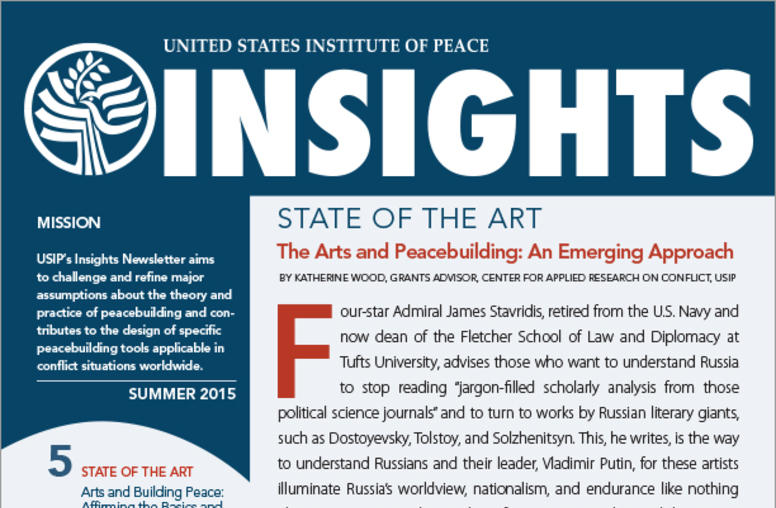
Summer 2015 Insights Newsletter
Insights highlights major questions on the research and practice of peace and conflict, to more than 10,000 subscribers from around the world.
Advancing Peace Education in Afghanistan
The war in Afghanistan has had a negative effect on Afghan children, who have been exposed to extreme levels of violence and often see aggression as the primary means to resolve conflict.
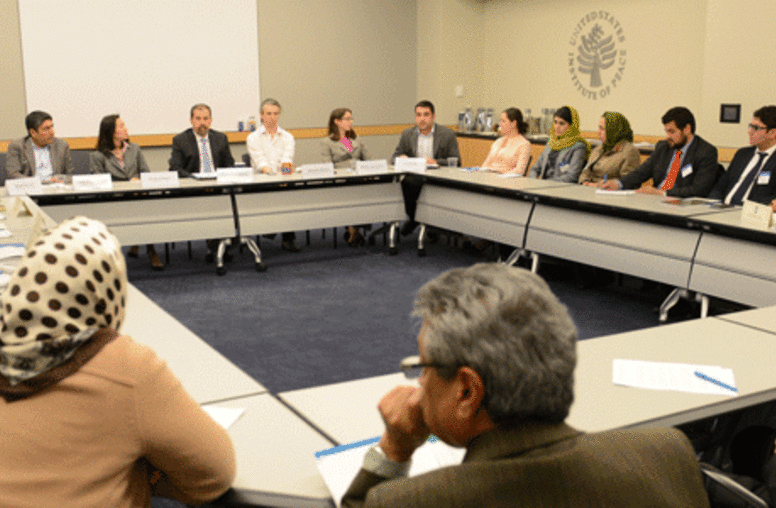
USIP Talks Aid, Self-Reliance with Early-Career Afghan Diplomats in Joint U.S.-China Program
Afghan diplomats preparing to help steer their country’s foreign policy heard messages of support along with encouragement toward self-reliance during a stop at the U.S. Institute of Peace (USIP) on December 5. The session was aimed at briefing them on the array of USIP programs centered on their country as the United States turns over more responsibility to the government of Afghanistan.
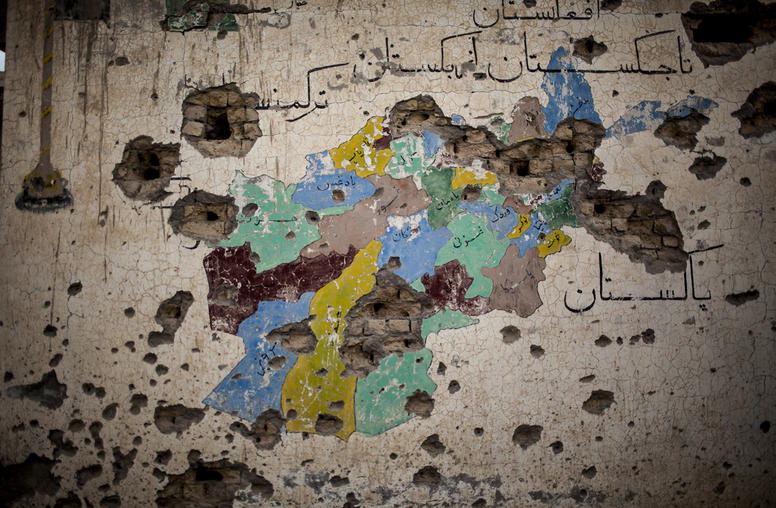
Afghanistan Land Conflicts Pit Nomads Against Villagers, Power Brokers Against Each Other
Beneath the ongoing war between the NATO-backed Afghan government forces and the Taliban, a whole other set of conflicts sizzles and occasionally bursts into flame. The often-fierce disputes boil down to one thing – the land under their feet.